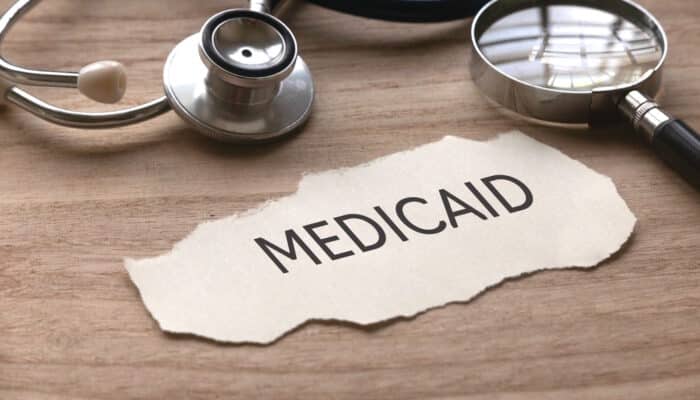Most Florida residents do not know that Medicaid for the elderly is merely a type of loan to pay for their long-term care needs and is not a gift or grant. The basic point is that if a Florida resident is on Medicaid, any remaining assets the decedent owned upon their death is subject to a lien by the state of Florida. This is commonly known as the Medicaid pay-back or reimbursement provisions, and many residents are unaware of this provision in the law.
Florida Medicaid does have a pay-back provision, similar to other states. During one’s lifetime, if they receive Medicaid benefits, and pass away after the age of 55, the State of Florida is a creditor in their estate. The state has a claim in the amount of funds expended to the deceased party’s benefit during their lifetime, which can definitely be a great deal of money if the subject individual spends time in long-term care. HOWEVER, this situation may not generally be much of an issue in most situations.
First, if the Medicaid applicant was single, he or she was only allowed to have less than $2,000 in countable assets in order to be on Medicaid. This scenario means that the applicant likely has nothing for Medicaid to make a claim against upon the applicant’s death. A single applicant, who is already impoverished, generally has nothing for the state of Florida to take.
Further, even if the decedent owned a homestead real property or primary residence, this property is not subject to creditor’s claims (including the state of Florida) in most circumstances. There are exceptions to this rule though, such as:
- The decedent’s property lost its homestead status before death (possibly by renting the home, as an example);
- Not all homestead properties are equal. If the property is a co-operative share, such as in a mobile home park, this does not get statutory protection for Florida homestead purposes; and/or
- The decedent’s Last Will & Testament called for the sale of the decedent’s home.
Consequently, the Medicaid lien is not an issue in most circumstances. Therefore, where would a Medicaid lien take place? There are a few circumstances where the lien could/would be applicable:
- The decedent sold their home and went off of Medicaid before death (i.e., the applicant went on private pay);
- The decedent received an inheritance, either before they died or after, which could then be subject to the lien;
- The decedent did not disclose or discover all known assets as part of the application process and the assets had to be probated upon death; and/or
- The decedent’s spouse died first and left money to the Medicaid applicant, who then passes away.
One major point to be made is that proper estate planning can avoid any potential Medicaid lien. That result is one reason to see an experienced estate planning attorney in order to ensure the family creates a good estate plan with the necessary documents to help avoid probate as well as creditor problems upon the family member’s death.
Accordingly, the Medicaid lien is not a worry for most Medicaid applicants if they either have nothing or very little at death or have created a good estate plan. This situation also merits good asset protection planning which can protect assets during one’s lifetime and at their death.
The foregoing is just a general and brief overview of the subject of Florida Medicaid’s lien & its pay-back or reimbursement in the state of Florida.
If you have any additional questions regarding the foregoing or have any legal issue or concern, please contact the law firm of CASERTA & SPIRITI in Miami Lakes, Florida.

